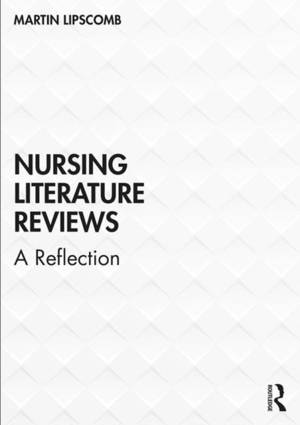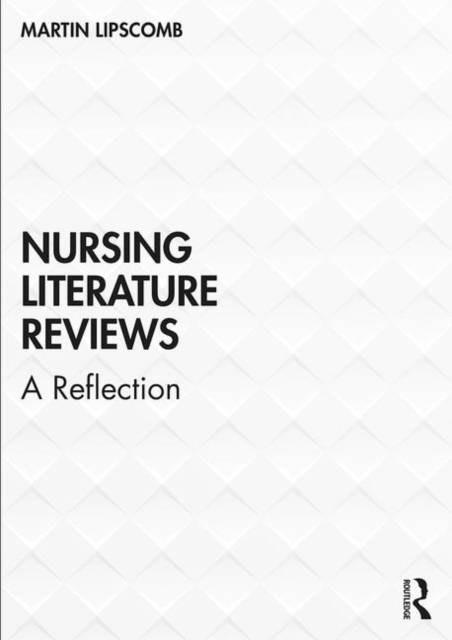
- Retrait gratuit dans votre magasin Club
- 7.000.000 titres dans notre catalogue
- Payer en toute sécurité
- Toujours un magasin près de chez vous
- Retrait gratuit dans votre magasin Club
- 7.000.000 titres dans notre catalogue
- Payer en toute sécurité
- Toujours un magasin près de chez vous
Description
Literature reviews are undertaken by students, researchers, clinicians and educationalists - that is, almost all nurses.
Despite much excellent work, exploring the assumptions and practices that constitute searching for and reviewing literature has merit, and prompting those who undertake these activities to think critically about what it is that they are doing should be encouraged. Widely adopted approaches to structuring reviews (the "standard model") can detrimentally limit the scope or range of literature that is accessed and appraised. It is further proposed that a lack of professional ambition or confidence invests aspects of the way some nurses engage with the sources that are available to them. Across the book, parochialism is challenged. The crucial roles that values and judgement play in reviews are highlighted. It is argued that humanities and arts texts deserve, potentially, a bigger or more assured place in reviews undertaken by nurses. Difficulties in appraising quantitative and qualitative research reports are identified, and benefits linked with taking a contemplative line through the review process are considered.
This book contributes to debates around evidence-based practice and literature reviews more generally. It will appeal to anyone with an interest in professional issues, research, and the philosophy and sociology of nursing.
Spécifications
Parties prenantes
- Auteur(s) :
- Editeur:
Contenu
- Nombre de pages :
- 166
- Langue:
- Anglais
Caractéristiques
- EAN:
- 9780415792714
- Date de parution :
- 07-08-19
- Format:
- Livre broché
- Format numérique:
- Trade paperback (VS)
- Dimensions :
- 170 mm x 241 mm
- Poids :
- 317 g







